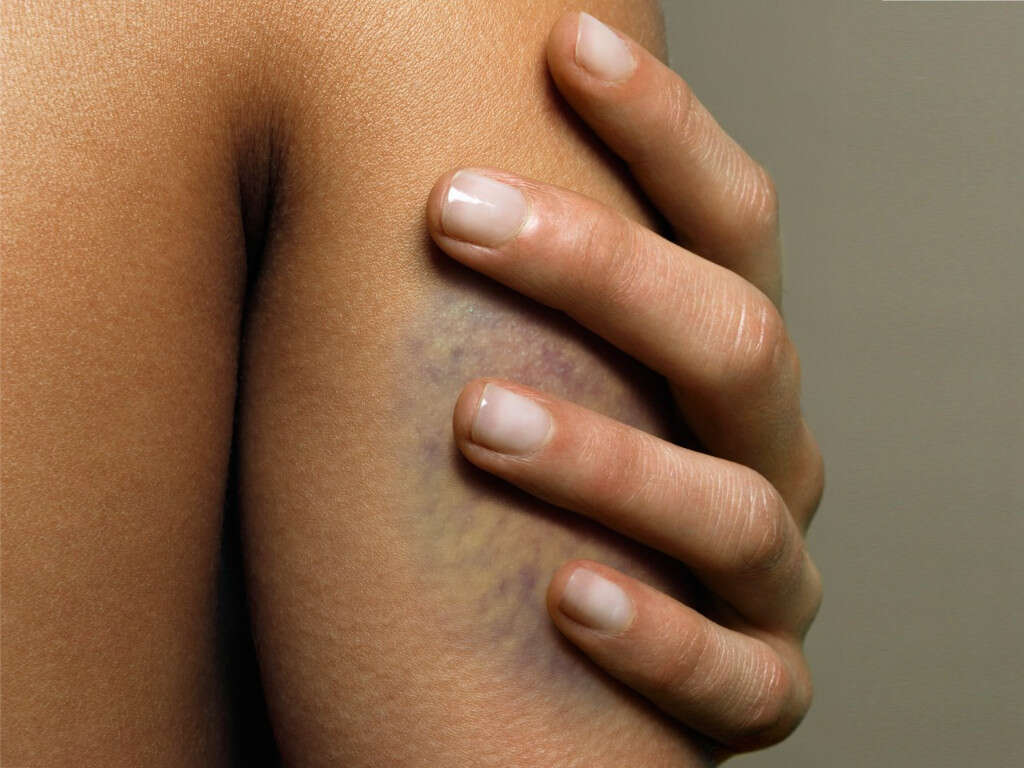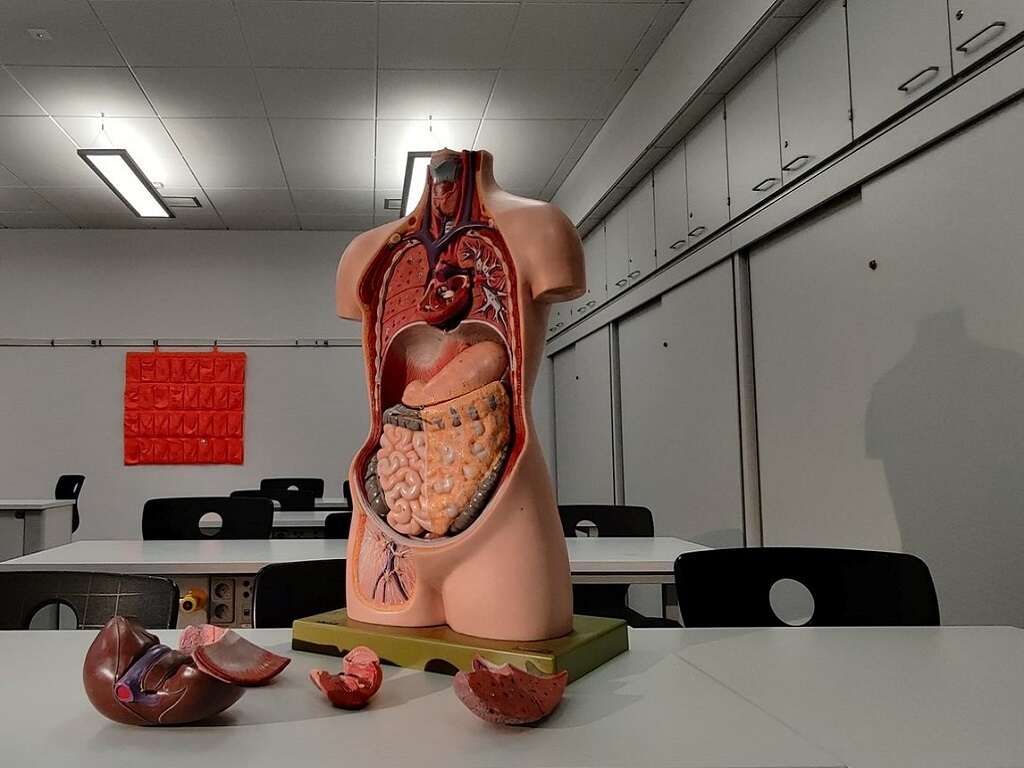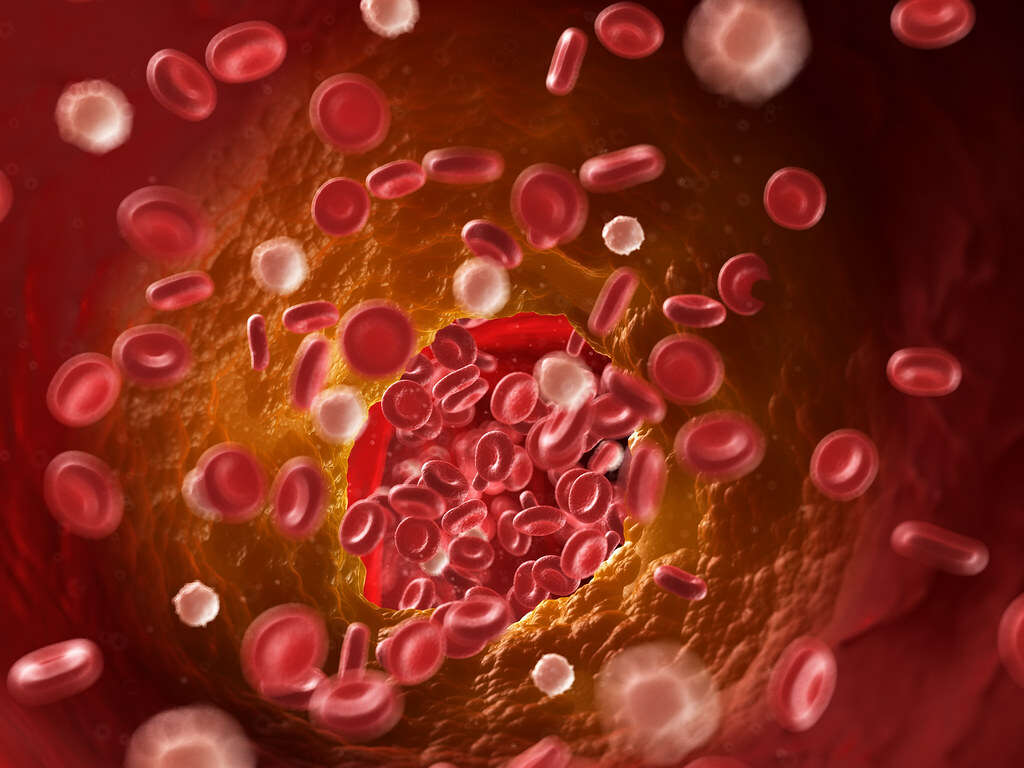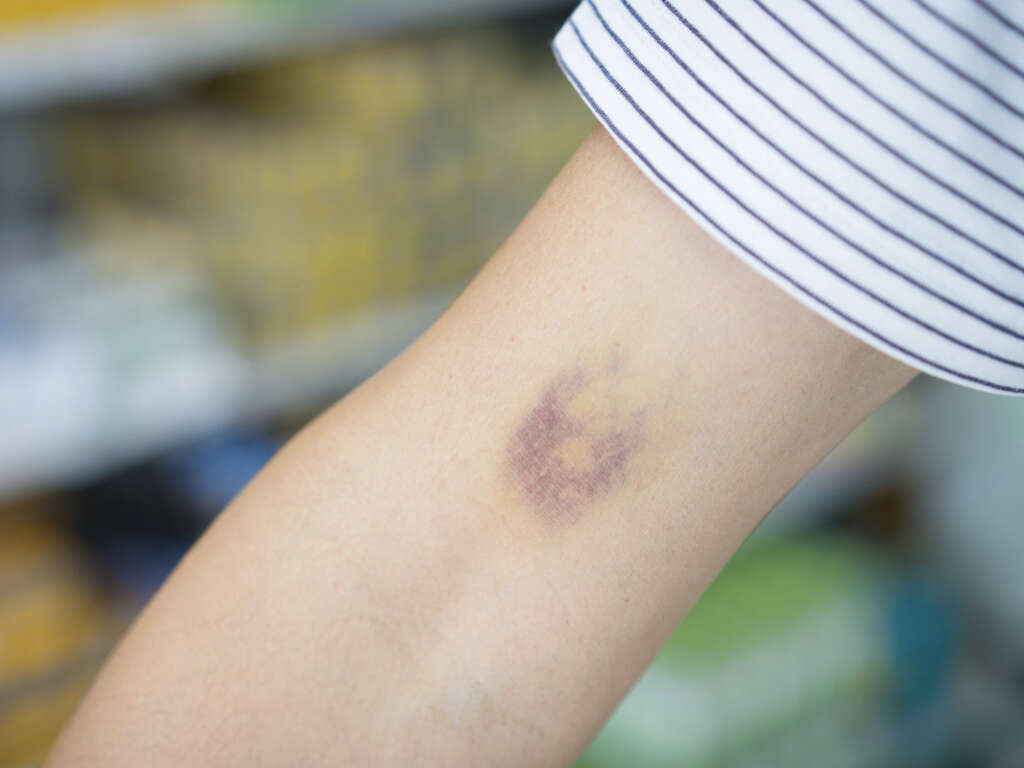10 Causes of Hematoma
Bleeding is a problem that all of us can face from time to time. The most common reason is some form of injury, although such injuries are usually relatively small.
During bleeding, blood normally leaks out of the body, at least until it is clotted and the flow is stopped; however, not all bleeding occurs outside the body. Injuries to internal blood vessels can cause blood to leak out from the vessels and collect in the area. While they are often not a problem, they do have the potential to be dangerous in some cases.
Here’s a look at some of the most common causes of hematomas.

Cause #1: Minor Physical Trauma
The occasional bump or knock is more or less inevitable. We can carelessly bump into a table or another part of the furniture around the home, or maybe even get involved in a physical altercation with another person. The impacts caused can cause the blood vessels beneath the skin to become ruptured, leading to a hematoma.
This type of hematoma is what we commonly call a bruise. They can sometimes be caused by the slightest of knocks, maybe leading to bruises that are barely noticeable. They will usually go away by themselves in time and should cause no lasting damage.

Cause #2: Severe Physical Trauma
The world can be a very dangerous place, with potential hazards on every corner. Just a moment of lapsed concentration can lead to an error that causes us to experience a severe physical trauma. This can include incidents such as car accidents, falls from high places, and even being attacked with a weapon.
Such traumas are likely to cause considerable bleeding, inside and out. They will often cause hematomas that we recognize as bruising, as well as much deeper inside the body. Deeper hematomas might require surgery to stop the bleeding and extract the excess blood. They might not always be visible externally, but this doesn’t mean they are not dangerous.

Cause #3: Surgery
We try to avoid surgery where possible, but sometimes we have little choice in the matter. It can be used for the smallest of things such as removing a growth from the surface of the skin, to large-scale operations that are necessary to save your life. While we are continually improving in our capabilities, things don’t always go as smoothly as we would like.
Surgery will often cause damage to the blood vessels which will, of course, cause bleeding. This is expected by surgeons and they will usually have it under control. Bruising is often to be expected after you have had surgery.

Cause #4: Drugs
There is a huge variety of drugs available to us nowadays. They can be used to prevent and cure a wide range of ailments, and they have helped to make some of the deadliest diseases become rare, or even extinct altogether. They can also be used to make us feel good, and recreational drug use is common throughout the world.
Drugs do come with various side-effects, though, one of which is thinning of the blood. Sometimes, this is intentional but other times, it is not. This thinning of the blood can make it more likely to leak from the blood vessels, possibly resulting in a hematoma.

Cause #5: Supplements
An increasing awareness of the need to keep in good shape has led to a boom in the number of supplements that are available. They purport to be able to help with a huge range of health issues, from helping you sleep to preventing cancer. Some are also required medically to help compensate for various deficiencies.
These supplements are usually made from completely natural ingredients, and we know that natural ingredients can affect our bodies. One such effect is the ability to thin our blood, potentially leading to a hematoma. If you do suffer from bleeding too easily, you should always check for the side effects and any supplements you are using.

Cause #6: Excess Alcohol
Other than the obvious risks involved, there’s nothing wrong with having a drink sometimes. Many of us enjoy a drink to help us wind down at the weekends, for example, and this is fine, provided it’s done in moderation. As with so many things, though, do too much and you are putting yourself at risk of harm.
Too much alcohol can cause bleeding, potentially resulting in a hematoma. If you are consuming alcohol in these quantities then you are already likely to be experiencing other health problems. If you are experiencing hematomas through drinking too much, you really should consider getting help.

Cause #7: Thrombocytopenia
Our blood vessels are quite thin and delicate. As such, they are very prone to picking up injuries, potentially allowing blood to leak out from them. For small injuries, this is not usually a problem because our blood will clot to block any leaks quickly. This is largely due to platelets in our blood, which clump together in order to form clots.
Thrombocytopenia is a condition where the number of platelets in the blood is lower than usual. With fewer platelets, clots cannot form so quickly or so effectively. This can lead to bleeding externally and internally, potentially leading to a hematoma.

Cause #8: Hemophilia
In addition to platelets, bleeding is also stopped by the body thanks to clotting factors. These are proteins that help to control the flow of the blood around the body. There are 13 of these proteins, and they work together to help clot the blood when needed.
Hemophilia is a condition where the blood does not have enough of these proteins. This means that the blood will not clot when there is an injury, causing excessive bleeding. This can lead to hematomas and people with hemophilia have to be more careful to avoid picking up any injuries.
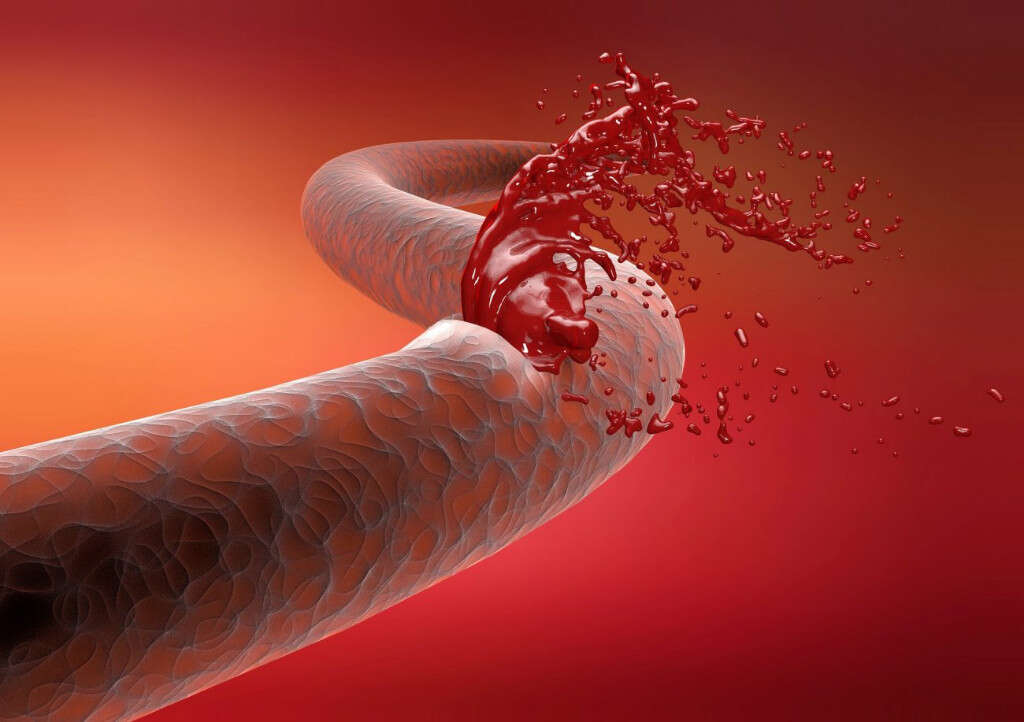
Cause #9: Liver Disease
Our liver performs some very important functions in the body, most of which involve keeping our body free from toxins. The liver is essential to us, and we can become quite ill if it begins to fail. Liver disease is relatively common, though, and it can lead to various complications.
One problem that liver disease can cause is a hematoma. One way to help prevent the liver from becoming diseased is to eat well and keep in reasonably good shape. This reduces the flow of toxins in the body and also helps reduce the workload expected of the liver. You should speak with a medical professional should you suspect any complication of the liver.
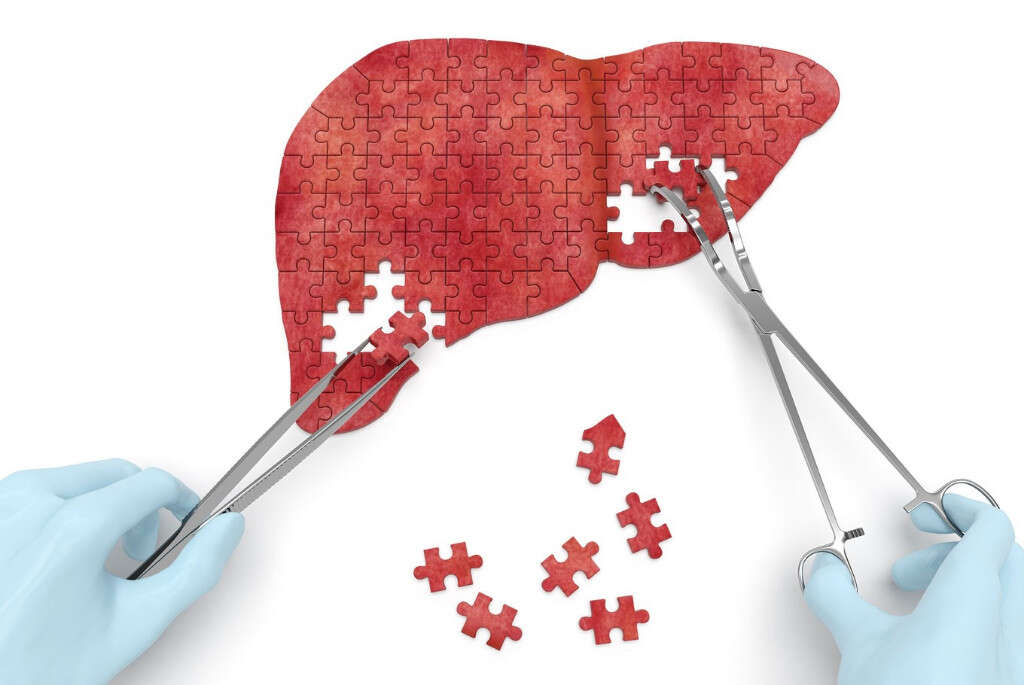
Cause #10: Unknown Causes
While the root cause of a hematoma is often easy to identify, this is not always the case. It is not uncommon for people to develop a hematoma with no idea of how it happened. Even close medical examinations can often fail to pinpoint a cause.
If you have had a hematoma and you are not sure why, you should try to get it checked out. If it happens regularly, then you should do what you can to find out why it is happening. They can be dangerous, so they should be treated with some degree of urgency even if they are not harming you in the short term.
